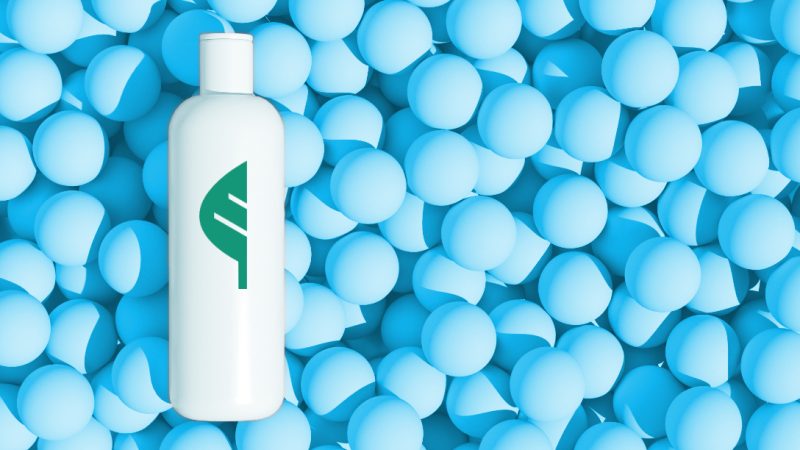Climate protection, reduction of greenhouse gas emissions and saving of fossil resources are key elements for a more sustainable future. Potential alternatives to fossil-based materials are so called biomaterials. However, these substances must offer functional properties for high-volume applications and need to perform even better than their fossil counterparts and still have to get cheaper in order to drive their adoption by industry and end users. In order to provide biomaterials with the requested properties and make them more interesting for an industrial use, the EU-project Bionanopolys was founded.
European experts from 27 scientific and industrial partners in this field aim to create an open innovation test-bed and drive forward the manufacturing of innovative bionanocomposites from sustainably sourced renewable feedstocks in Europe as well as bio-based nano-products for packaging, textile, agriculture, cosmetics and hygiene, pharma or food. Process and technologies explainedRaw materials will be collected from annual plants, food industry by-products and urban organic waste to create future, new applications that are recyclable or compostable and therefore environmentally friendly. The collected biomass must be processed in order to be further turned into products. This is where the expertise of acib in the development and improvement of natural enzymes and cell systems comes into play. Most microorganisms cannot use lignocellulose, i.e. the cell walls of wood or plants, as a direct source of carbon, as for example it is required to produce biopolymers. To do this, the researchers use enzymes that they isolate from a soil fungus, a species of tubular mushroom called Trichoderma reesei. These biocatalysts are able to dissolve the simple sugars out of the spruce wood residues – the food or carbon source for the microorganisms. In a multi-step process, we then extract the stored, biodegradable and environmentally friendly biopolymer from the cells of the biomass. Spruce chips are attractive because they are not in competition with other industrial sectors, are available in abundance and are inexpensive.
From packaging material to textile
Bionanopolys sets its focus on four main technologies: The first two technologies are Cellulose nanofibers and Metallic Nanoparticles. They will be used as reinforcement of paper-based materials and non-woven textiles for personal care such as cleaning wipes, giving them new functionalities. The third technology is about active nanocapsules with antimicrobial activity provided by essential oils that are nanoencapsulated in the material. This reduces odours and gives textiles antimicrobial effect, improves the barrier properties of packaging material and reduces antimicrobial load in food products. Block-Copolymers, the fourth technology, will be used as reinforcement of biobased- and compostable formulations for film packaging and shopping bags, as well as rigid and flexible packaging such as injection moulded cutlery and coffee capsules, thermoformed trays and containers but also 3D-printed, complex shaped parts and foam-and coating applications for the automotive sector.
Network of pilot plants and comprehensive service portfolio
To speed up the introduction of biobased nano-enabled materials into the market, Bionanopolys aims at creating a network of 14 pilot plants and their complementary services. A comprehensive portfolio of services for the development and integration of new bio-based nano-enabled products complements the outputs of the project – also ensuring an efficient production process and that new materials are safe to use. The Bionanopolys Open Innovation Test Bed offers services to implement further safety aspects of bionanomaterials along the entire value chain – Life Cycle-, Social Life Cycle- and End-of-life-Cycle-Assessments, Life Cycle Costing, and ecofriendly analyses will be included to guarantee the recycling, composting or biodegradability of these new manufactured, future products. In addition, innovation management services such as patent mapping, IPR management, funding consultancy or business modelling support technological innovators and users of the OITB on their way to the market.
All this speeds up the development process of safe nano-enabled bio-based materials and enables customers a more efficient, safer and environmentally friendly use of new products.
More information: https://www.bionanopolys.eu
This project has received funding from the European Union’s Horizon 2020 Research and Innovation programme under grant agreement No. 953206.
